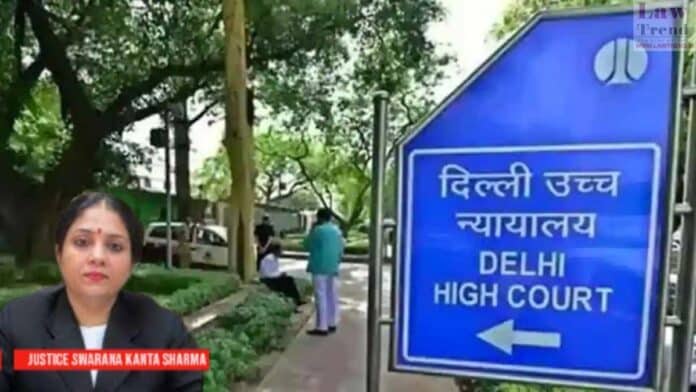The Delhi High Court has reiterated that shaming minor victims of sexual offenses and their families must never be used as legal tactics, emphasizing that it prevents victims from coming forward to report such crimes. This declaration came as the court upheld a three-year imprisonment sentence for a house help convicted of filming objectionable videos of his employer’s minor daughter.
Justice Swarana Kanta Sharma, who presided over the case, underscored the importance of not taking a lenient stance in matters involving voyeurism and its traumatic impact on victims. The court’s firm position aims to serve as a “healing balm” for victims, fostering a legal environment that supports rather than intimidates them.
The case involved the house help who was found guilty of making invasive recordings of the minor on his mobile phone. The accused appealed the conviction, claiming the videos were fabricated by the victim’s father to avoid paying his salary. Justice Sharma dismissed these claims as “insensitive” and “unthinkable,” stressing the need to protect the dignity of child victims and their families against such demeaning accusations.
In her judgement, Justice Sharma stated, “Victim shaming and the shaming of the victim’s family as legal strategies are unacceptable. They deter the real victims from reporting such offenses, thus obstructing justice.”
The evidence presented, including witness testimonies, convinced the court of the guilt of the accused, who was duly convicted under the Indian Penal Code Sections 354C (Voyeurism) and 509 (Act intended to insult modesty), as well as under the Protection of Children from Sexual Offenses (POCSO) Act.
Also Read
Justice Sharma also reflected on the severe personal impact on the victim, who was forced to leave the country for her studies due to the trauma experienced at home—her place of presumed safety. The court highlighted the broader societal responsibility to uphold children’s privacy and dignity, warning against any leniency that could undermine the severity of such cases.




